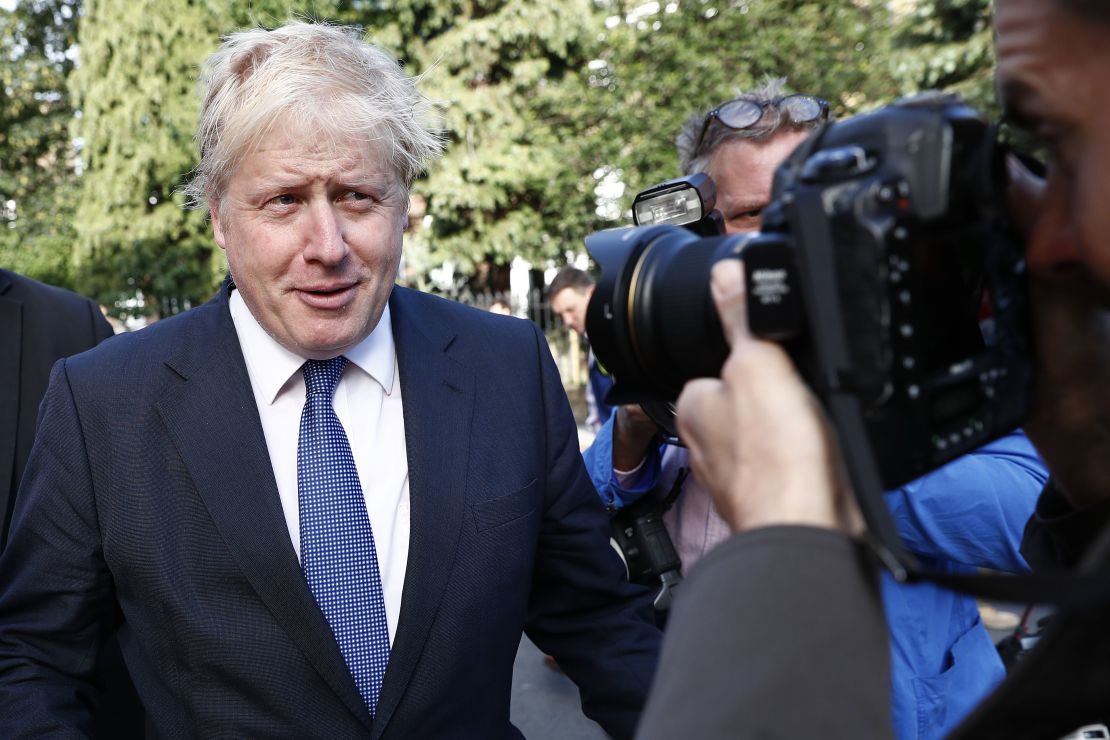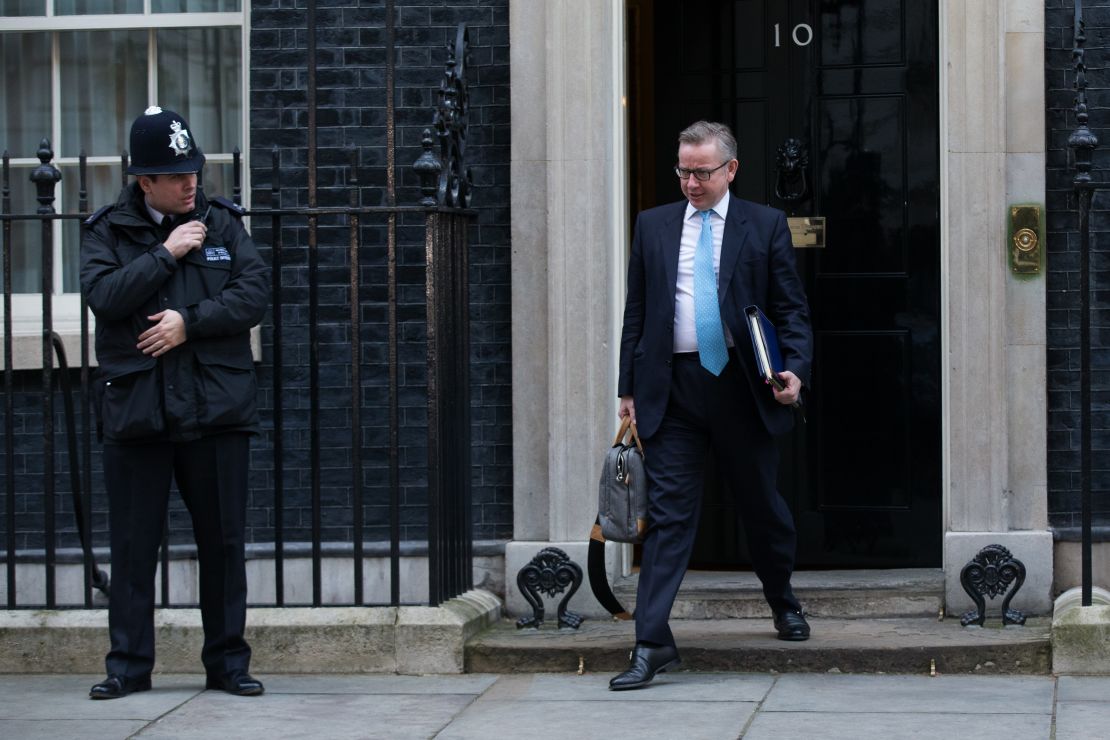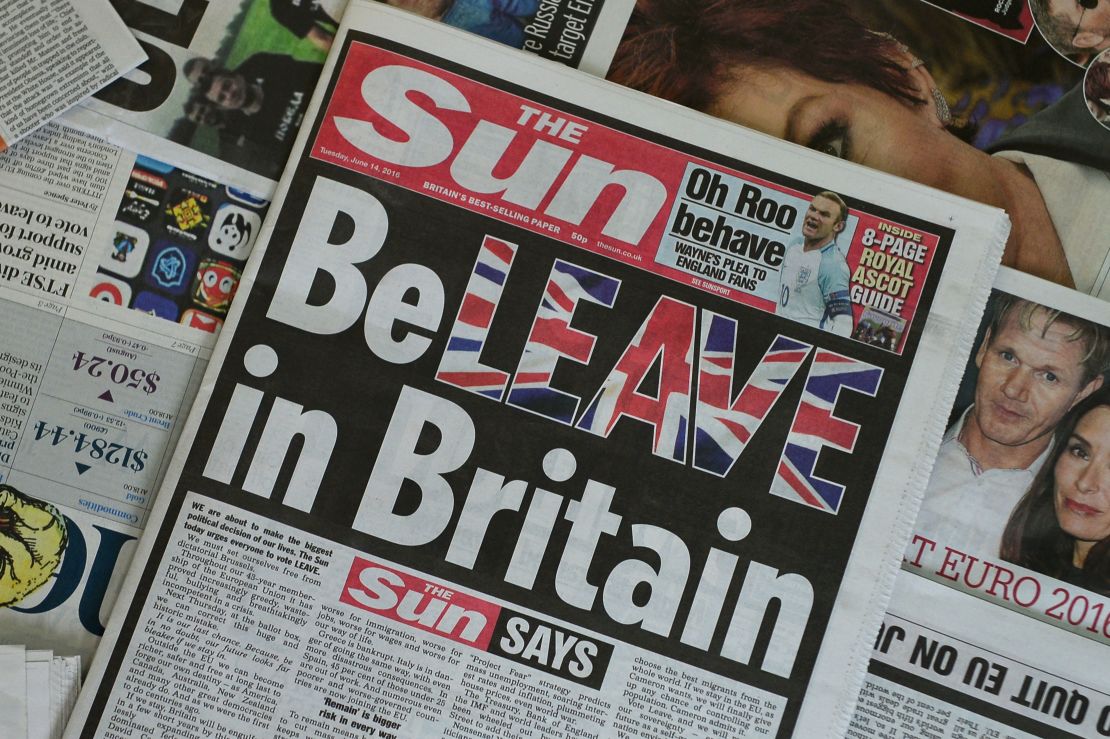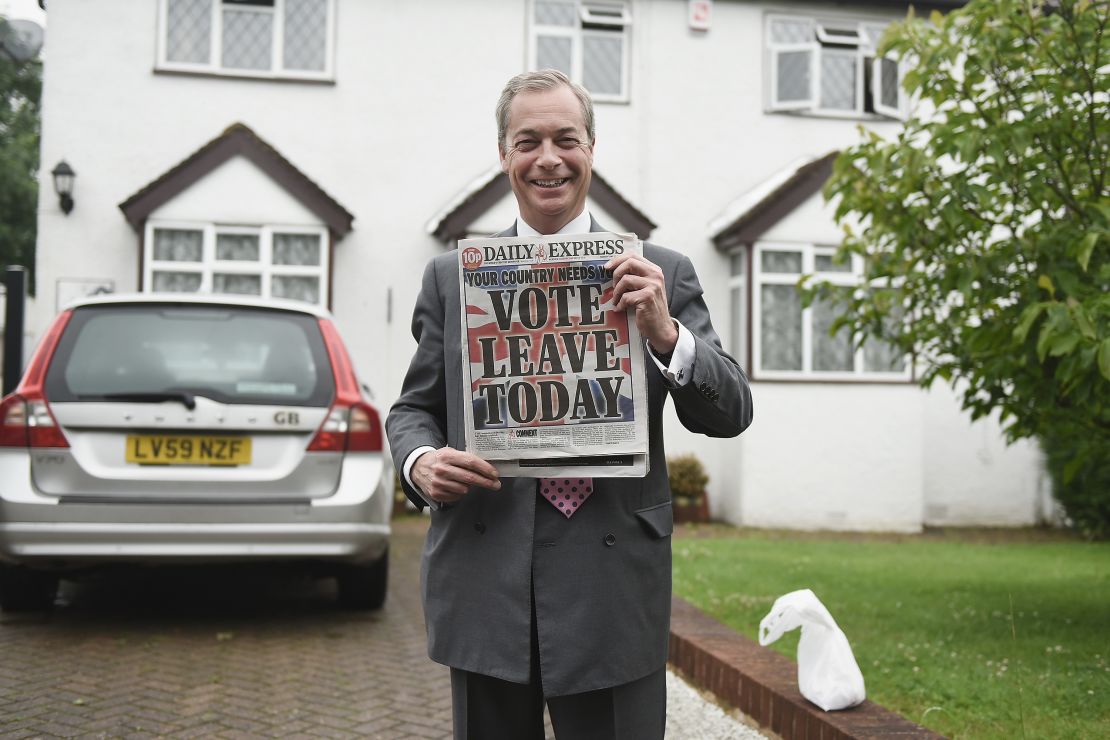One week after the Brexit referendum, many people who voted to leave the EU last Thursday – patriotic, decent people – have been telling me things like, “I voted Leave in protest and never thought we’d win.” Another told me: “Why didn’t we know about all the risks? Why didn’t the media warn us?”
Of course, most Leavers likely have no regrets. But given the roller-coaster currency and stock markets, there are at least some.
That of course got me thinking about the media’s role. Do some of the people who exercised their democratic right to vote Leave feel they’ve been sold a bill of goods?
We don’t know what will happen in the long term. Maybe it will all be alright on the night. But for the moment, we must ask whether Leave leaders are following through on the campaign they ran.
A funny thing happened to me on my live program this week, when I tried to find out. I asked Daniel Hannan, a member of European Parliament and a key member of Britain’s Leave campaign why, in the cold light of Brexit, they were changing their tune on immigration.
That led to a lively set-to on air.
The EU referendum campaign has not just been about two sides arguing their case, but about truth and myths. This is where it becomes about a journalist’s mission.
I insist, and always have done, on operating in the fact-based world.
Remain was dubbed “Project Fear” by the Leavers, but never has there been a case so one-sided – Remain having been supported by a majority in parliament, the overwhelming number of business, science, and academic leaders, all of the UK’s major allies, and international institutions.
Now, before the dust has even settled on the shock result, key Leavers are saying, actually, immigration might not change significantly.
READ: Brexit’s broken promises: Health care, immigration and the economy
In his weekly column in The Daily Telegraph, former London Mayor Boris Johnson wrote: “It is said that those who voted Leave were mainly driven by anxieties about immigration. I do not believe that is so.” Even though he himself repeatedly stoked fears during the campaign with the absurd claim that the Turks are coming.
(On Thursday, in what was certainly the most extraordinary day in British politics for decades, Johnson announced he would not stand for prime minister, just hours after Michael Gove, his close ally, announced his own candidacy.)

Good news if true
Daniel Hannan tells me that because 48% of British voted to remain in the EU, Leave’s leaders might have to “temper” their promises to “Take Back Control” of policies, including immigration. Say what?
And then there’s the infamous and false £350 million claim plastered all over the Boris campaign bus. A figure, supposedly Britain’s weekly dues to Brussels, that would go to Britain’s National Health Service. Not so fast they now say; it was a mistake to raise that.
Johnson wrote that Britain “is part of Europe, and always will be,” that European cooperation will be “intense and intensifying,” and “there will continue to be free trade, and access to the single market.”
Say what? I thought we were leaving the single market and pulling back from intensifying European cooperation!
Indeed, one day later, Johnson walked back the walk back: “One senior member of the team,” The London Times wrote, “conceded that the article had sent mixed messages and was ‘written too quickly’ when he was tired.”
This is the same Johnson who announced on Monday that the British pound is stable, and the markets are stable – which is good news, he said.
It would be good news if it were true! What Pound is he looking at? Because the British one keeps dropping to new three-decade lows! Lower Monday than even Friday. (It has rebounded slightly since then.)
So where is the truth; where are the myths? Perhaps nothing summed up this quandary better than Justice Minister Michael Gove, who during the campaign told Sky News: “People in this country have had enough of experts.” Say what again?

So how does overwhelming evidence become just another matter of opinion to be dismissed?
Well, by debunking – nay, slaughtering – the messenger.
Whenever experts and leaders tried to offer their advice, their motives were questioned.
The International Monetary Fund? They’re just attempting “to bully the British people.”
The Institute for Fiscal Studies? Part of a “cozy establishment,” tainted by EU funding.
President Obama? Motivated by “the part-Kenyan president’s ancestral dislike of the British empire” – a claim quoted by Boris Johnson, no less.
Throughout the whole campaign, you could turn on any news program and the desperation for balance, objectivity, and neutrality caused highly intelligent journalists to mostly treat Remain leaders from the Prime Minister on down like criminals. Even Bank of England Governor Mark Carney; now we know at least he had a plan B.
While the Leave side, which did not have a plan, as we also now know – which refused even to accept there would be uncertainty ahead of a vote out of the EU – was mostly treated with kid-gloves and credulity.
One of the few standouts was the Financial Times, which constantly warned of the leap in the dark, and consistently asked for the Leave plan.
But what about the other papers, the mass-circulation tabloids with naked political agendas masquerading as news?
A leading British politician told me before the vote, that he hoped and believed the UK would stay in the EU. But he had doubts because for decades much of Britain has been ‘done by the Sun!’ Indeed after the vote, the Sun tabloid crowed: “It was the Sun Wot Swung It.”

Martin Fletcher, former foreign and associate editor of the Times of London, wrote that “British newspapers have offered their readers an endless stream of biased, misleading and downright fallacious stories about Brussels.”
He included the journalist Boris Johnson: “I was appointed Brussels correspondent for The Times of London in 1999, a few years after Mr. Johnson reported from there for another London newspaper, The Telegraph. I had to live with the consequences.
“Mr. Johnson, fired from The Times in 1988 for fabricating a quotation, made his name in Brussels not with honest reporting but with extreme euroskepticism, tirelessly attacking, mocking and denigrating the European Union.
“He wrote about European Union plans to take over Europe, ban Britain’s favorite potato chips, standardize condom sizes and blow up its own asbestos-filled headquarters. These articles were undoubtedly colorful but they bore scant relation to the truth.”
An Oxford University study from May, cited by The New York Times, found during a sample two-day period early in the campaign, “of the 928 articles focused on the referendum 45% were in favor of leaving, with only 27% in favor of staying in the EU.”
And The Economist published an incredible chart cataloging the mountain of lies told by the tabloid press.
The Daily Express told its readers to “STICK IT TO THE EU!”

So, we journalists have a duty to reflect on our roles, whether tabloid, broadsheet, TV, radio or online.
The wanton equating of facts with myths cannot be acceptable and is not journalistic objectivity. It may be neutrality, but it’s a false neutrality that does not lead to the truth.
I learned this in a much bloodier crucible, the one in which I was baptized as a foreign correspondent.
The violent 1990s breakup of the Balkans, the war in Bosnia that I covered from start to finish, taught me to reject the deadly lies told by the parties to the conflict, and the false claims by western governments and armchair intellectuals at the time, that all sides are equally guilty and that this tragic war, the ethnic cleansing and the genocide, were all but inevitable due to “centuries of ethnic hatreds.”
This is the defining force of my professional life, which taught me enduring lessons in seeking facts above all, in understanding our golden rule, which is real objectivity, does not mean ever drawing false factual or moral equivalence. It taught me to respect the truth, to speak truth to power, and keep insisting on digging for the facts and the empirical evidence.
I end this screed with this incredible comment on CNN this weekend from official Donald Trump surrogate and supporter, Jeffrey Lord: Fact-checking is an “out-of-touch elitist media-type thing.”





